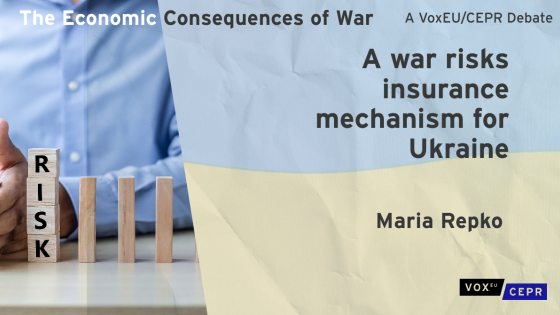DP1232 Unions and Wage Insurance
Existing theories of unions emphasize their impact on wage levels relative to the opportunity cost of leisure. This paper explores the possibility that monopoly unions provide income insurance against idiosyncratic wage variability. An optimal union contract is characterized by real wage and other types of flexibility only in response to systematic changes in underlying uncertainty. Under such conditions, there is no presumption that the `union wage premium' relative to the free market wage is positive. The model shows the effect of unemployment benefits, average productivity, and risk on the desirability of union membership, and offers an economic interpretation of equity and solidarity in union policy. It can also explain the negative correlation between inequality and unionism in developed countries.


